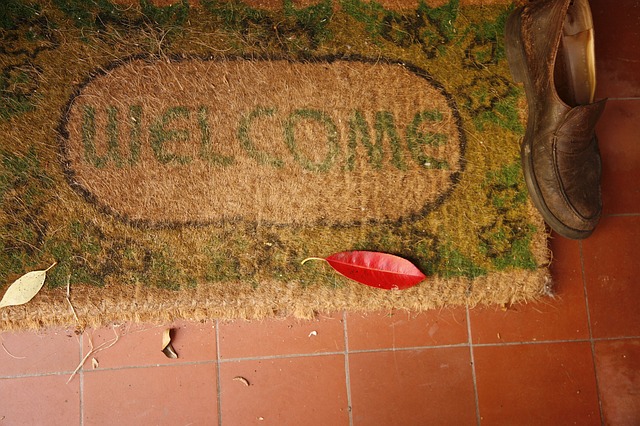
I always forget the coats. Growing up in Florida, we left on our flip flops, threw our bags on the hallway floor, and made a B-line for the cooler full of ice-cold soda. I haven’t lived in the south for 20 years, but I still forget to take people’s winter coats at the door. They stand there with them awkwardly draped over their arm, or else pile them in a heap on the living room floor.
I’m a better summer host. That way I can lock the doors and usher guests directly to the backyard through the side gate, then pray no one has to use the bathroom. Yards are forgiving of drips and spills and don’t require hours of cleaning before the guests arrive.
But what I’m learning (and what I’m writing a book about) is about how really, no one cares how good of a host you are at all. Mostly, they care to be invited. People want to be seen, heard, and included. They just want to be asked.
We recently had an Indian family live with us for a month. The parents of our grad student renter, they had never been on an airplane or left India before. We were gone for two weeks, but while we were home, I constantly felt like a failure as a host. We slept and ate at different times; they tinkered around in the kitchen as we brushed our teeth to go to bed. I worried about my raucous children being too loud, and they worried they were in my way in the kitchen.
After they had been with us for about a week, I decided to ask them along on one of our outings. “I’m taking the kids to a nature area to go on a walk–do you want to come along?”
And the next day, “We’re heading downtown so the kids can play in the fountain–do you want to join us?”
They said yes.
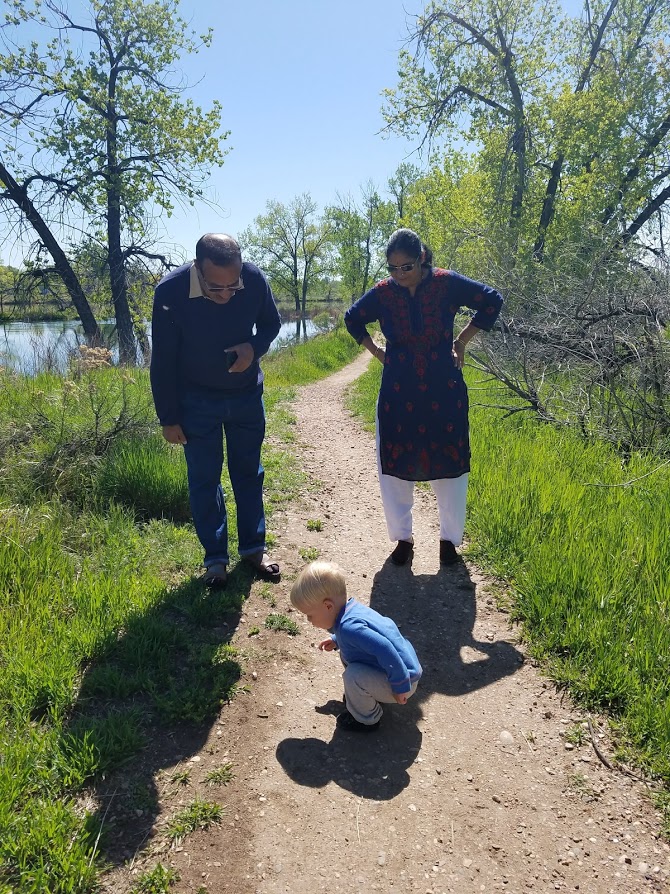
As a survival-mode mom with three kids at home, age five and under, I couldn’t make them the elaborate meals I knew they would be making for me were I a visitor in their home, but I could do one thing: I could invite them along in what we were already doing.

I once read a book called Family on Mission. The gist was that we do not need to have a million separate ministries or service projects to live out our calling to love God and love our neighbor in the world. Instead of burning ourselves out, we are better off inviting people along on the adventures we are already having, asking them to join us in our right-now lives instead of waiting until we have a surplus of time.
Instead of feeling like we need to divide ourselves to hand a fragment to every person we know, we do our thing, and invite others along for the ride.
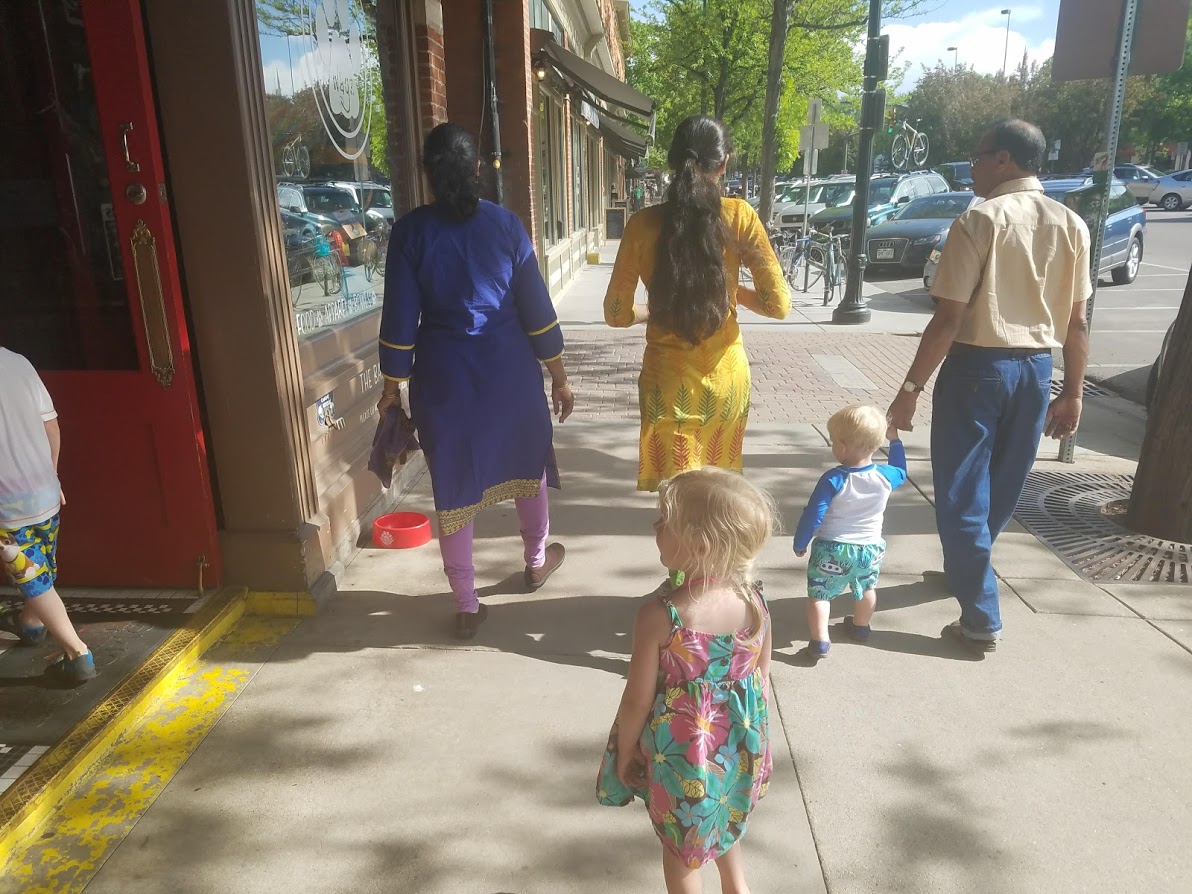
This applies so well to hospitality. People are not waiting for us to get our act together and wow them with our kitchen wizardry. Instead, they just want to be asked.
People want to be invited.
Do you cook dinner? Why not invite a neighbor to join you? Are you going to the park? Ask another family to come along. Do you enjoy playing board games? Find another family that likes them, too.
I’m certainly not an expert, but I am learning the art of simple hospitality. What matters most is not the stuff, the plans or even the food, what matters is the people.
***

Our next theme this month is “Hospitality Around the World.” Follow along on social media (links in upper right) to keep up with the latest blog post or sign up for my newsletter below for links to thought-provoking articles, a digest of blog posts, and a few things I’m into these days! Email me at scrapingraisins @ gmail (dot) com if you are interested in guest posting. Guest posts should be between 500 and 900 words. Be sure to include a headshot and bio. Personal stories work best!
Sign up for the (occasional) Mid-month Digest and the (loosely) “end of the month” Secret Newsletter for Scraping Raisins Here:


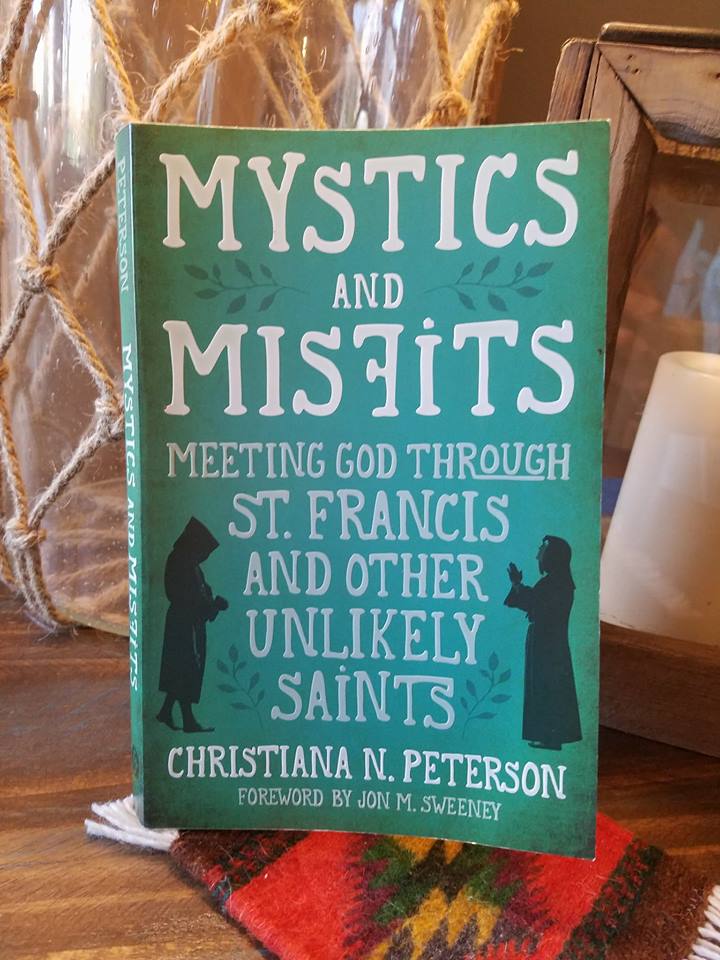
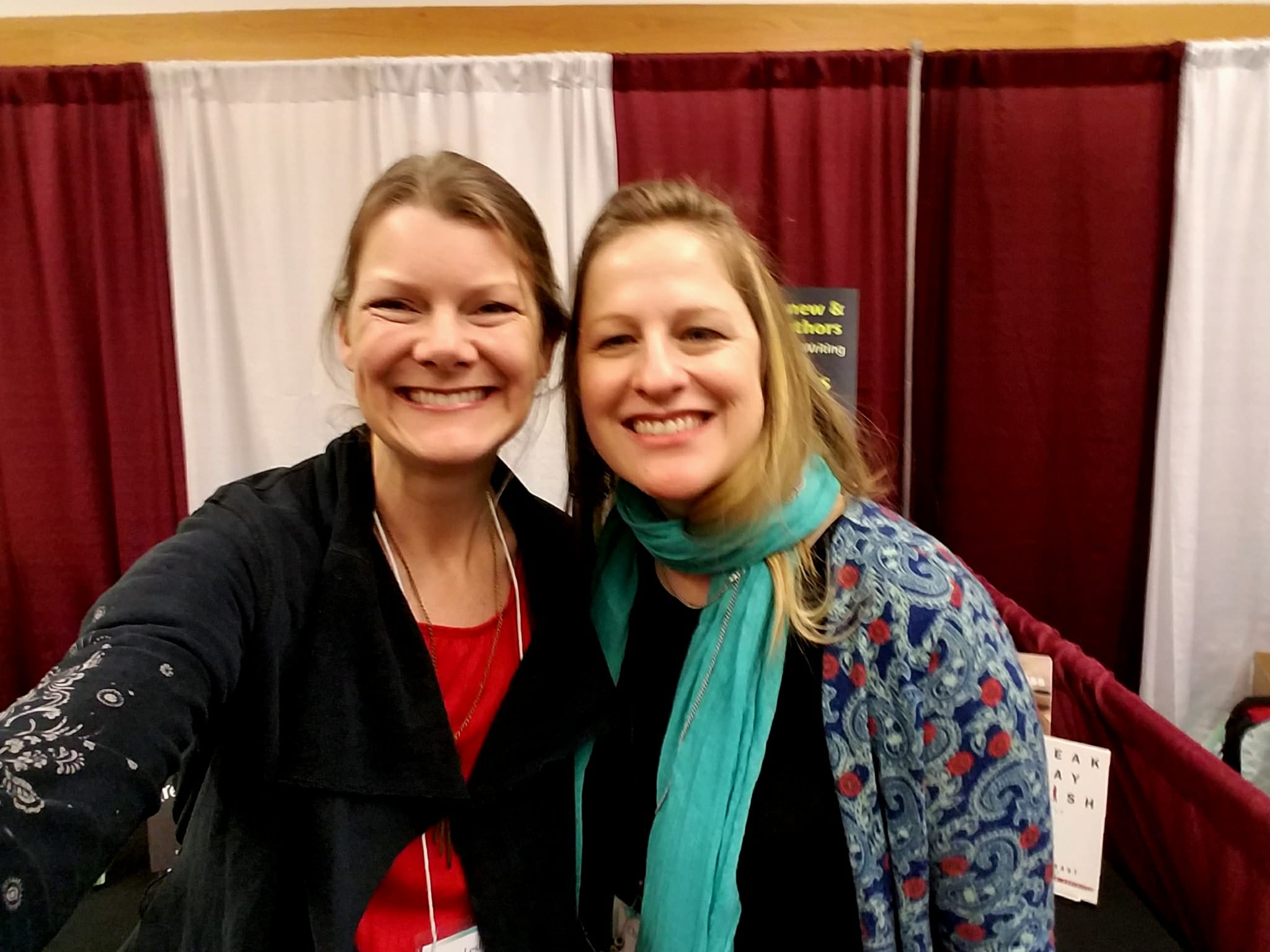
 Our theme for April is “Books and Writing,” and I hope to share my favorite books, podcasts and resources for new writers.
Our theme for April is “Books and Writing,” and I hope to share my favorite books, podcasts and resources for new writers. 

